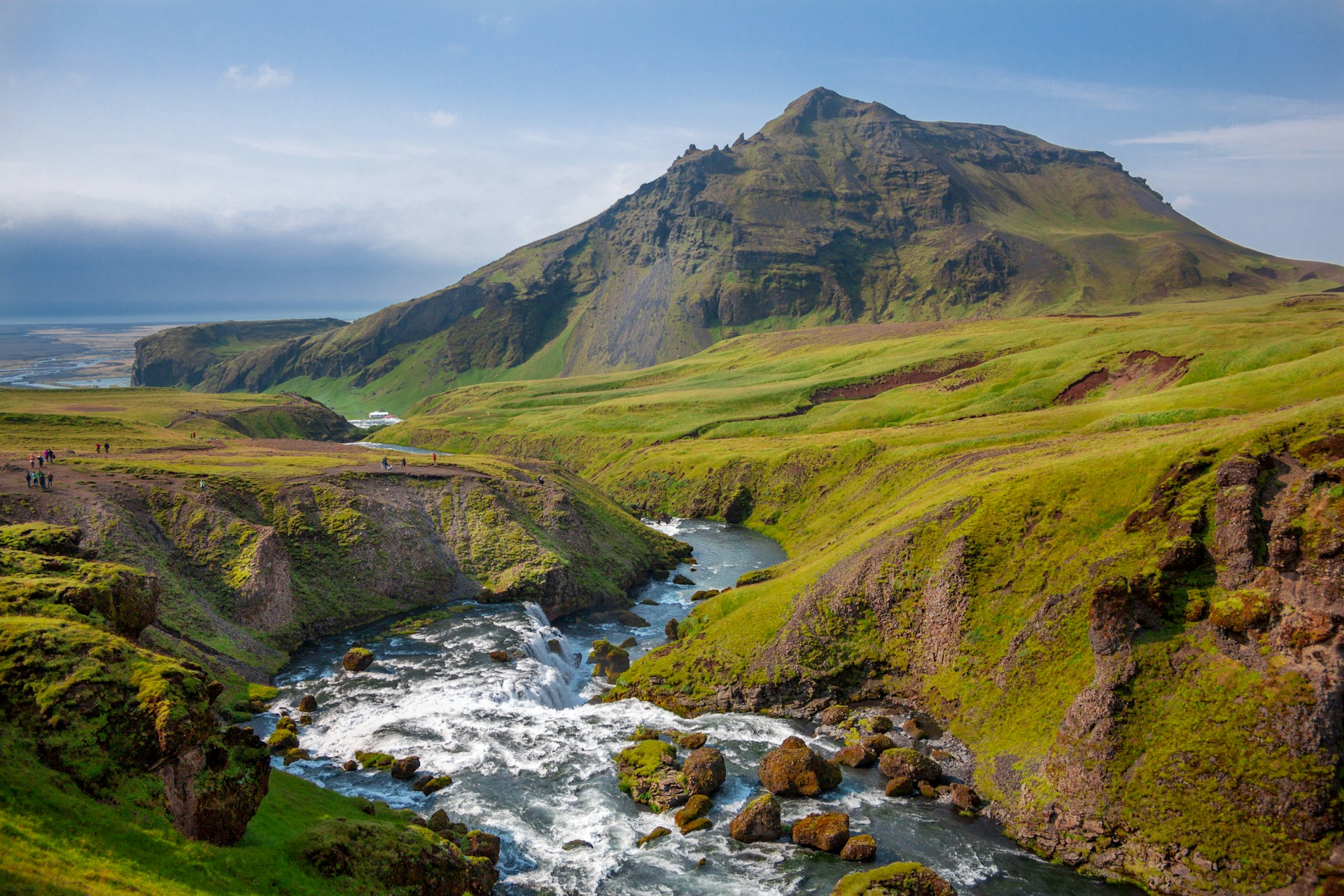In a groundbreaking move, voters in Everett, Washington, have passed a measure granting the Snohomish River watershed legal rights that can now be enforced in court. The measure, which enshrines the watershed’s rights to exist, regenerate, and flourish, was approved by 57% of voters in November, making Everett the latest city to join the growing rights of nature movement.
The initiative marks a significant step in protecting the environment by allowing city agencies, residents, and organizations to legally defend the watershed. If the rights of the watershed are violated, courts could require damages, which would then be allocated to restore the ecosystem. This action follows a broader trend across Washington state, where several towns have already passed non-binding resolutions recognizing that endangered Southern Resident Orcas have a right to life and to be free from pollution.
Everett’s new law allows the watershed’s rights to be defended in the same way legal guardians protect the interests of children or corporations. The law is similar to those already enacted in other countries, including Ecuador, Colombia, Spain, and New Zealand, where ecosystems and species have been granted legal standing to protect their existence and health.
The watershed itself spans nearly 2,000 square miles, though the new law applies only within the city limits of Everett. It is part of a growing rights of nature movement that seeks to provide stronger legal protections for the environment. Unlike traditional environmental regulations, which often set limits on pollution, rights of nature laws aim to prevent irreversible environmental harm by prioritizing ecosystem preservation and regeneration.
While Everett’s initiative represents a bold step in environmental protection, it is not the first time U.S. communities have tried to grant legal rights to nature. Previous efforts, such as the Lake Erie Bill of Rights in Toledo, Ohio, and the recognition of rights for waterways in Orange County, Florida, have faced significant opposition and preemption by state legislatures. However, Everett’s initiative could be the first to withstand such challenges, as Democrats currently control both Washington’s legislature and governorship.
Abi Ludwig, spokesperson for the political action committee Standing for Washington, which supported the measure, called the new law a “game-changer for the environment.” She added, “By granting legal standing to the watershed, Everett is boldly safeguarding its natural resources. This critical move empowers nature with both a voice and the legal tools it needs to defend itself.”
The passage of this initiative signals a new era in environmental law, where nature itself is granted legal standing and the power to defend its future. It is a significant step forward for the rights of ecosystems and could inspire similar movements across the country and around the world.


